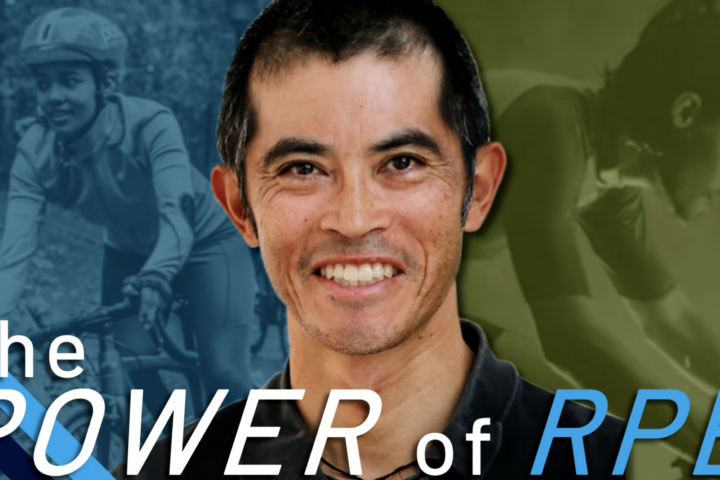
The Power of Ratings of Perceived Exertion (RPE)
The RPE scale is often overlooked in a world of power meters and heart-rate straps. Dr. Stephen Cheung explains how and why you can use RPE to improve your training, even if you collect data.
To optimize performance, it’s as important to train your psychology as it is to train your physiology. Understanding how to deal with issues such as anxiety, confidence, and resilience using tools like self-talk and mindfulness will make you a more complete athlete.

The RPE scale is often overlooked in a world of power meters and heart-rate straps. Dr. Stephen Cheung explains how and why you can use RPE to improve your training, even if you collect data.

Is it better to focus on one big race a year, or have several targets? Is performance or process more important when it comes to goal setting? Two Olympians help us tackle these complex questions.
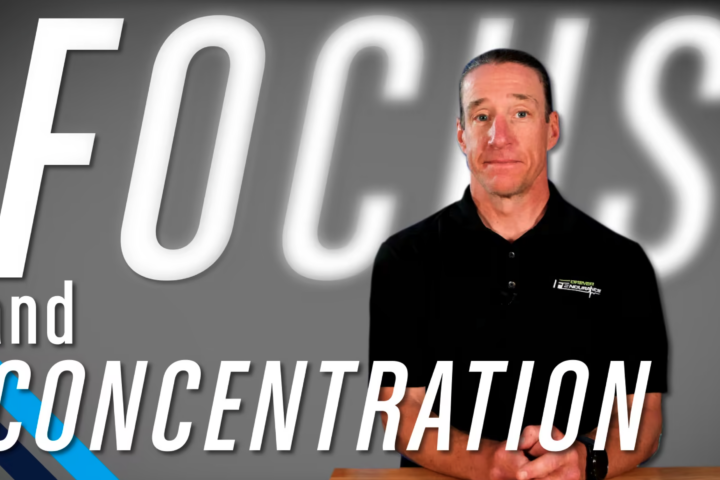
Coach Grant Holicky reveals how to stay focused and concentrated. It’s all about knowing what is relevant to your goal.
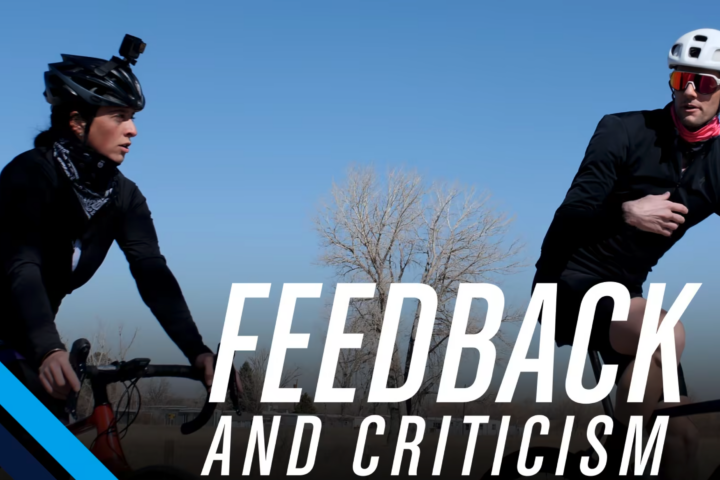
Accepting feedback and criticism is a necessary part in every athlete’s development. Coach Holicky details how to create the best mindset so you can achieve your full potential.
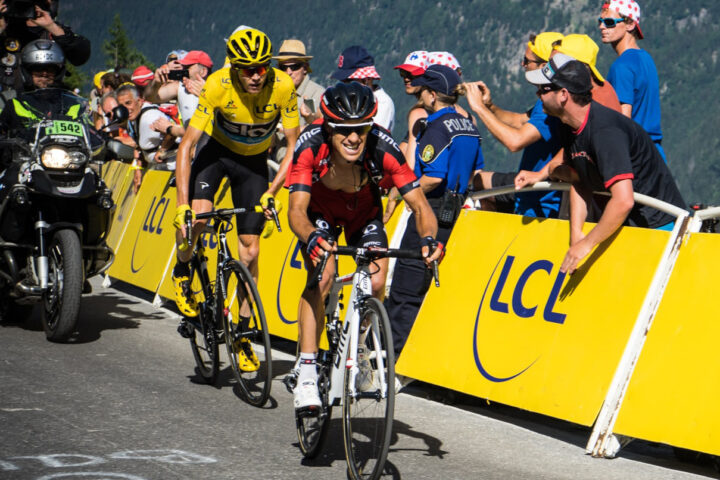
Coach Julie Young explores ways to develop mental skills to embrace discomfort as fuel for growth and performance.
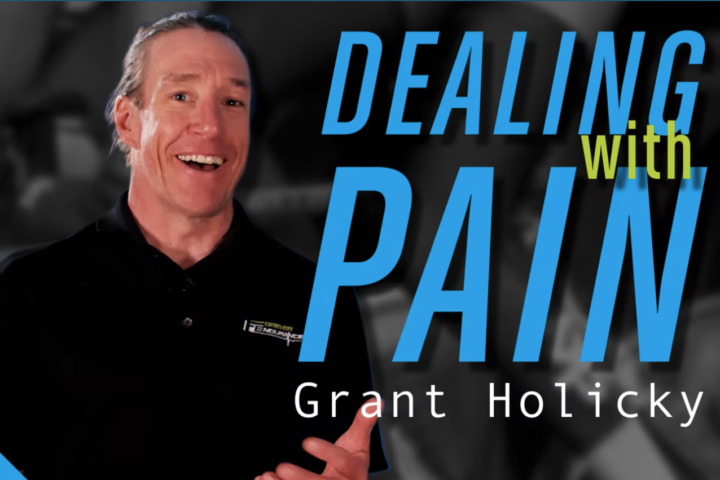
Coach Grant Holicky discusses six ways by which all athletes can forge a better relationship with pain as a part of sport.
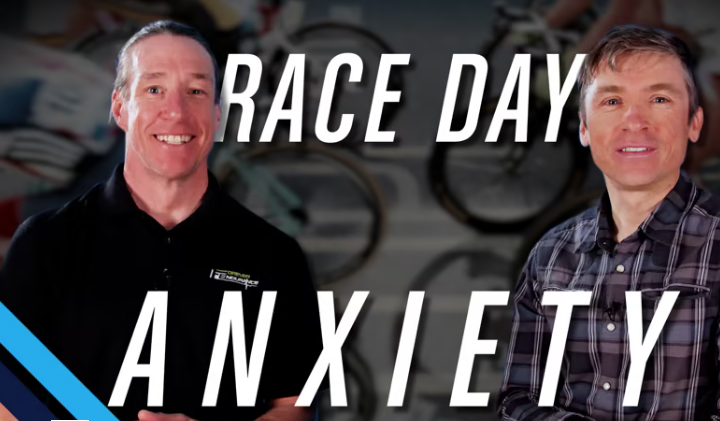
Coach Grant Holicky explains how athletes can better manage anxiety through visualization, routine, and reframing.
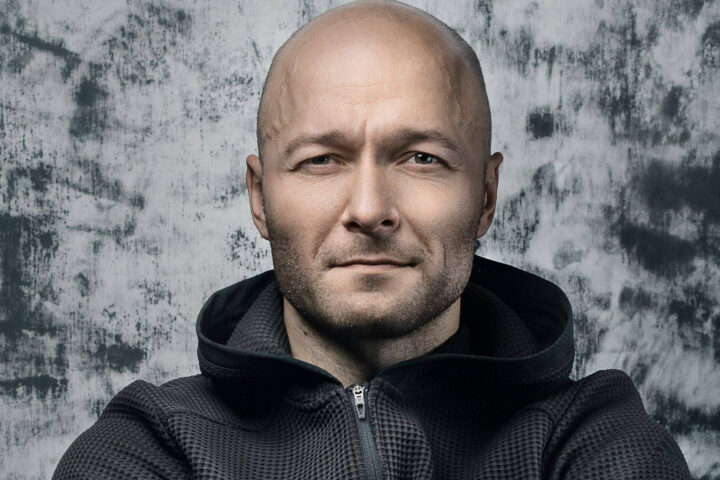
Janis Musins helps us answer questions on time trial pacing, TT position, INSCYD testing, and the coach-athlete relationship.
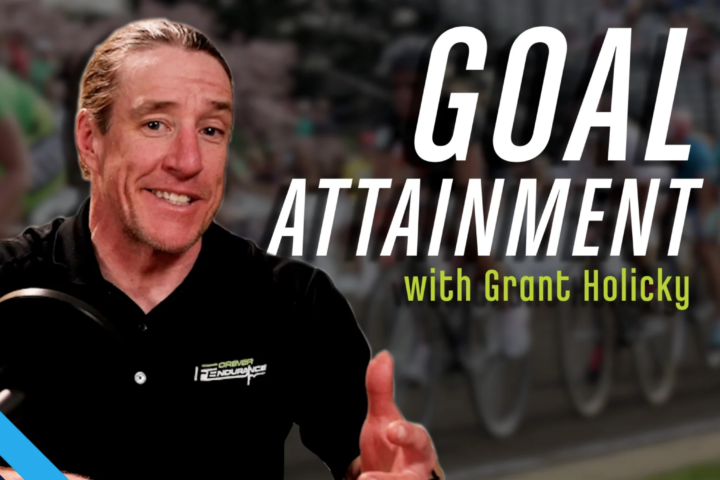
Coach Grant Holicky discusses the critical process by which goals are created, and also the method by which they are achieved.
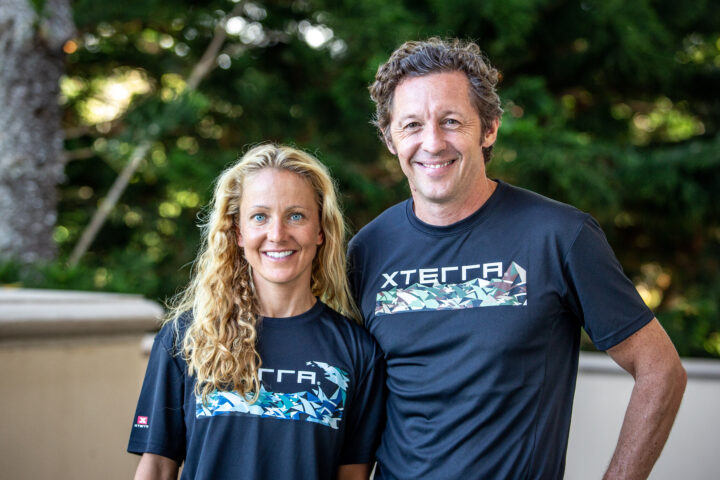
We discuss the underlying principles of an athlete’s psychological welfare, and why our thoughts and feelings are simply emergent properties of brain and nervous system physiology.
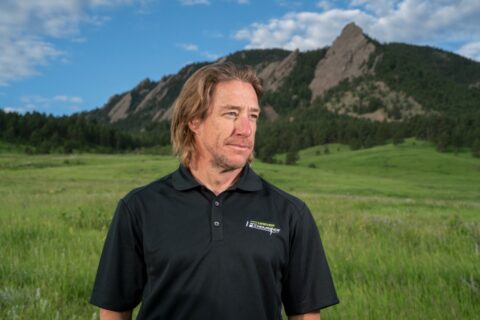
We address questions on how to train grit for race situations, if you can safely override the central governor, and training for a five-day stage race.
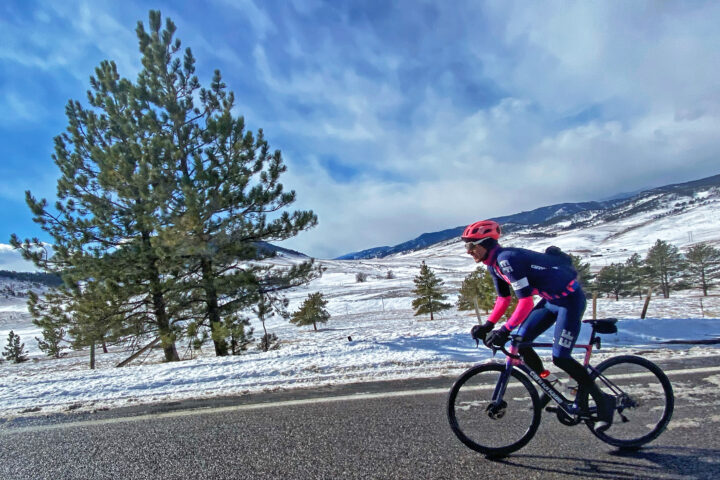
We explore how athletes can evolve and find more fulfillment from their sport with pro cyclist Lachlan Morton
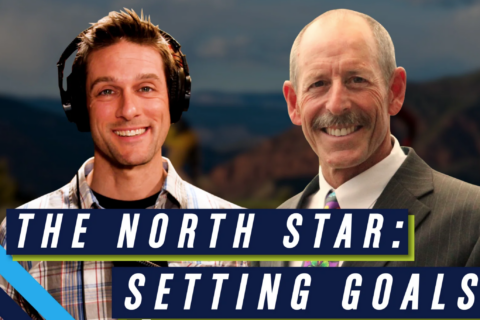
Coach and author Will Murray joins Coach Ryan Kohler for a discussion of what makes a useful set of goals, how to develop them, the psychology of goals, and much more.
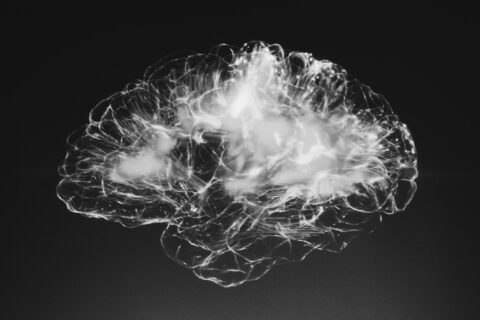
Concussions and traumatic brain injuries are far too common in cycling. We define the causes, effects, management, and preventative measures.

Endurance sports journalist Alex Hutchinson joins Fast Talk Labs to help explain teleoanticipation and pacing.

Physiological improvements are not the only way to maximize performance. Dr. Cheung explores the psychology of feedback, deception, and perception.

Pick a flat or mostly flat terrain, start biking, then listen to Colby Pearce’s moving meditation podcast to relax and think deeply as you ride.
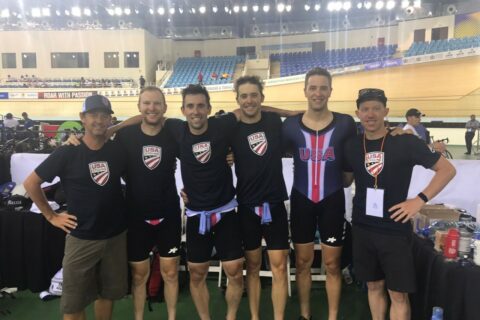
What’s better: a bigger engine or one that’s tuned for a specific goal race? USA Cycling’s performance director Jim Miller shares his training philosophy.